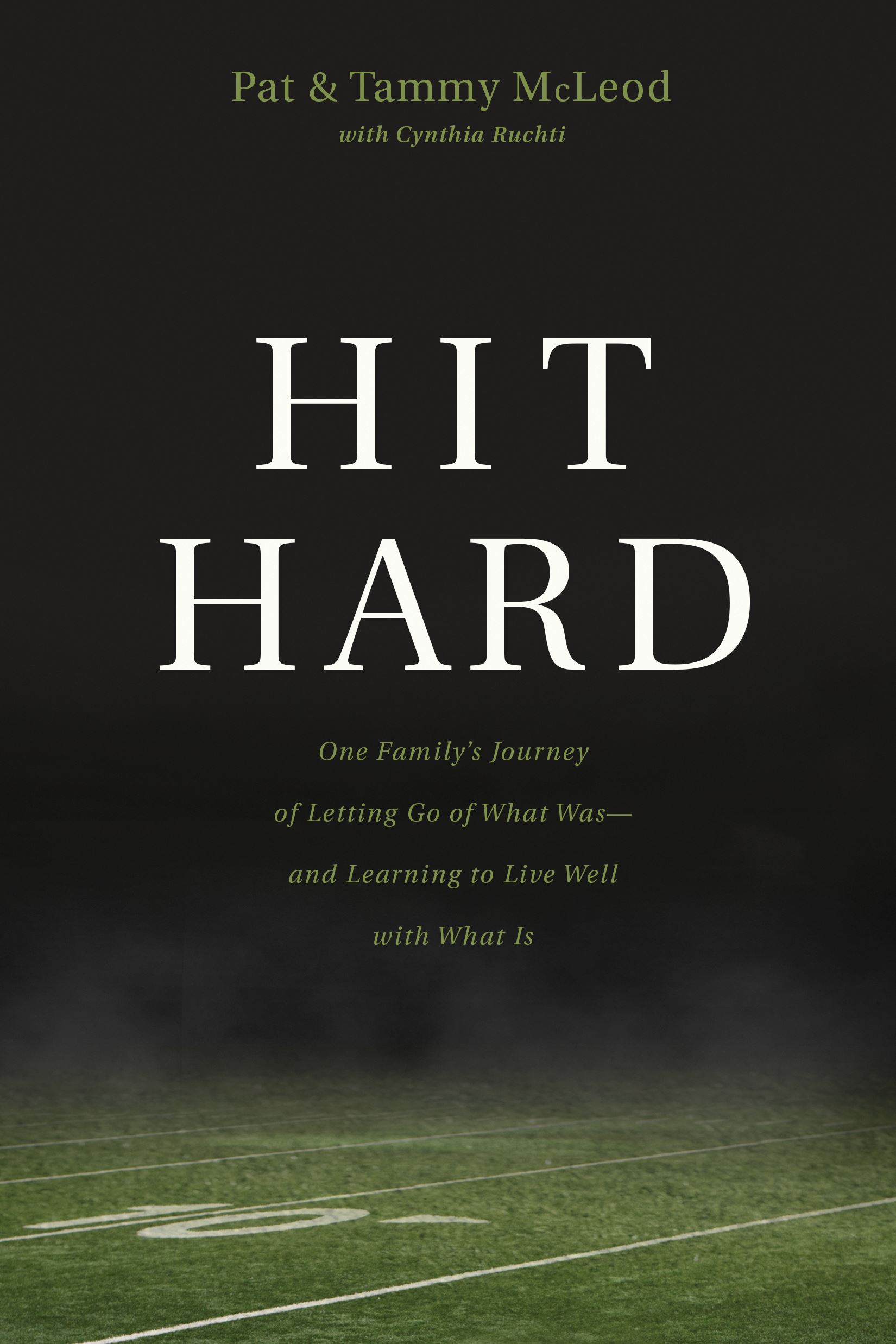3 Powerful Ways Churches Can Offer Support through Ambiguous Loss

Frozen. Paralyzed. Hands hanging limply at our sides. We care—how could we not?—and sense God is asking us to respond. But unsure what to say or do, we keep our distance from those who experience loss.
The uncertainty is even more prevalent with ambiguous loss, as I learned when our sixteen-year-old son became severely disabled in an instant from a hit in a football scrimmage.
Ambiguous loss is just that—ambiguous, hard to define or pinpoint.
And though real, it’s connected not to loss by death, but to genuine grief marked by a person absent in body (missing in action or from a natural disaster, abduction, runaway, or divorce) but still psychologically present in the minds of their loved ones.
A second form of ambiguous loss occurs when the person is present in body, but not the same as before cognitively or emotionally due to addiction, mental illness, dementia, or a debilitating brain injury, as in our son’s case.
The sense of loss for these families is deep, with no defined endpoint, and complicated to navigate. They become among the marginalized, not fitting among those grieving a death nor among those celebrating life.
For people who empathize with and care about what the families are going through—because there are no clear markers of death with ambiguous loss; the person is both “there” and “not there”—confusion sets in on how to respond.
We as the church are ill-equipped to know what to do, how to effectively minister in this situation.
In our “get-over-it” culture, we too often silence lament.
We try to fix people and encourage those experiencing ambiguous loss to simply move on. But in the Christian tradition, lament is not only prominent, it’s key to dealing with losses. Many of the Psalms are laments, and the book of the Bible named Lamentations is an entire collection of laments.
In Jesus’ life we see him in John 11:35 weeping over Lazarus’s death, and in Luke 19:41, grieving over Jerusalem. In Luke 22:39-46 we find him in the garden before his crucifixion, where he invited friends to accompany him as he grieved.
Interesting principle. The Son of God welcomed close friends into his mourning, his grief process. They disappointed him, falling asleep at the hour he most needed them to pray for and with him. But the concept that even Jesus understood the value of a circle of caring friends lamenting with him sets a standard for us.
Within the church we often find it difficult to validate the pain of others’ ambiguous losses.
After all, the person is still alive, and we should be happy about that, shouldn’t we? We might even find ourselves encouraging families of the “missing” person to look on the bright side, to stay positive, or we may flippantly default to “Praying for you,” which is of course beneficial, but can feel like a canned response to someone’s pain.
We ask family members how the “missing” person is doing, but we rarely ask how the family members are doing. Not validating their pain only makes it more intense. Not being understood, not having others treat their loss as real, exacerbates the agony.
People long for the church to step up and support them through ambiguous loss.
Since we are made in the image of a Trinitarian God, since we are made for communion with God and others, and since Christ dwells in us as believers, much of the way we find God’s love in loss is through human beings in whom God dwells.
In the midst of our pain, to help us become resilient in ambiguous loss, here is how our home church stepped up:
1. Provide Practical Help
Families from our church brought two meals a week for six months as we sat in hospitals with our son. Others came to sit with Zach in his hospital room, so we could go home and spend much-needed time with our other children.
Three families offered to let us use their vacation homes periodically for respite as a couple, and others sent gifts to the church’s deacons’ fund to help with the financial burden from Zach’s brain surgeries, rehab, and ongoing medical costs.
2. Listen
For years, I had a difficult time explaining the kind of loss we were dealing with—that it was different than grieving loss after death. Friends from church patiently listened to me talk about my sadness from missing my son. They let me mourn and say whatever I needed to say. They accepted my tears.
They listened, and kept inviting me to tell them more. They let me talk until I had nothing left to say. And when I finished talking, they didn’t try to fix me or tell me to move on. They simply affirmed that the loss I was experiencing was a true loss.
3. Help Create a Ceremony of Ambiguous Loss
We are used to rituals to mark other life-changing events like funerals after death of a loved one, but because there are no supportive rituals without clear evidence of death, families of the physically and psychologically missing are often left to fend for themselves.
Since it can be impossible to shift perceptions about absence or presence until one can actively participate in the rituals of honor and farewell, friends from church helped me host a ceremony a few years after Zach’s injury.
The church can help those going through ambiguous loss talk about whether a ritual or ceremony is in order, and then help them design what would be meaningful for them. (For help in creating ambiguous loss ceremonies or to find ways to support a friend in theirs, see the additional resources included in the book Hit Hard.)
Will your church step up?
As churches allow people to lament, validate the pain of ambiguous loss, help people with practical needs in crisis, listen without trying to fix people, and help others create ambiguous loss ceremonies or rituals, they will bring hope, healing, and comfort, allowing others to be resilient in ambiguous loss. Let’s step up now.
For more on this very real but often misunderstood type of loss, see Pauline Boss’s groundbreaking work here.

Photo Credit: ©GettyImages/Jacob Ammentorp Lund
Originally published July 09, 2019.







